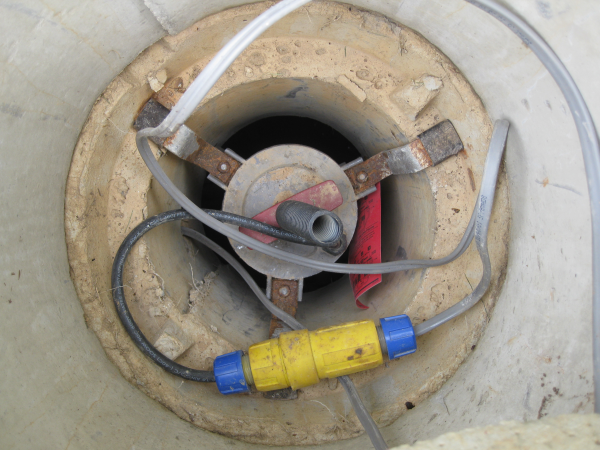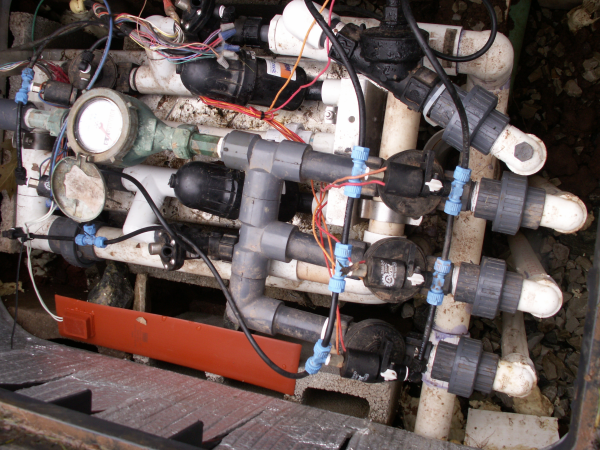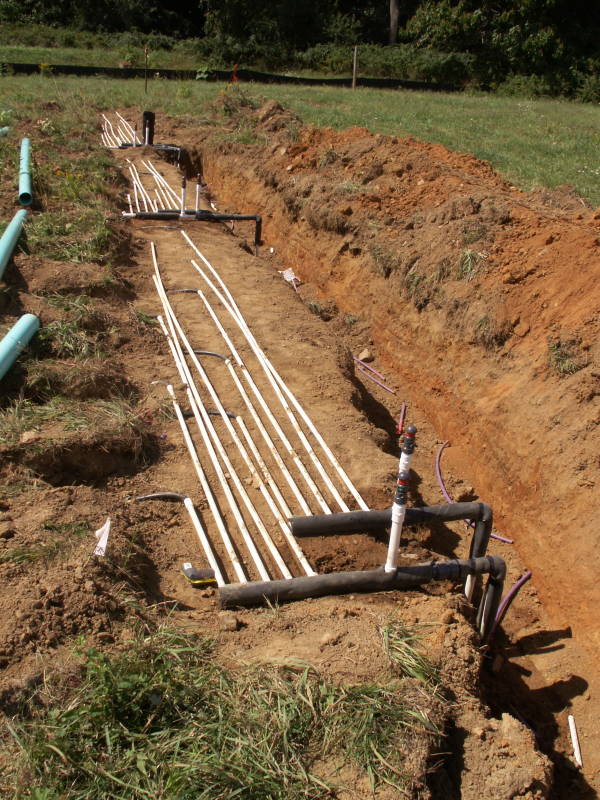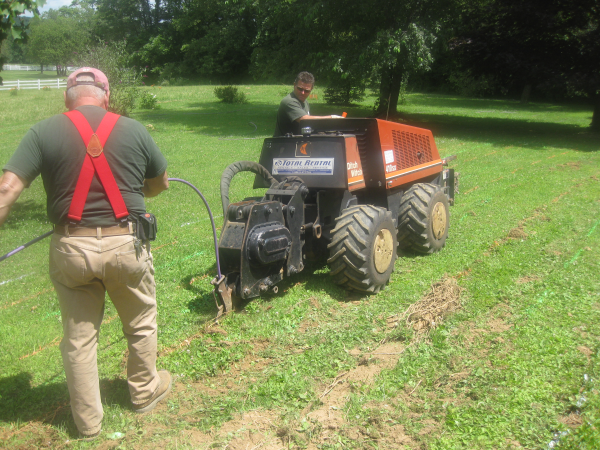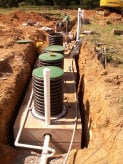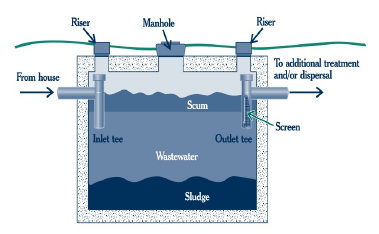Peat Filter Maintenance
Septic systems in Pennsylvania that have Peat Filters in them are termed “Alternate Systems” or “Experimental Systems”. Maintenance on the peat filter must be done annually. With Ecoflo® Peat Filters, if you bought your filter before 2010 the peat filter came with 7 years of maintenance and maintenance inspections. After the eighth year the manufacture could extend the life of the peat, if conditions warrant, or require that the peat be replaced.

Every year the peat filter needs to be opened, the distribution plates removed, and the peat raked. During the inspection the peat is graded. If the condition is good the peat does not need to be replaced for another year. The peat filter still needs to be maintenanced the following year.

When the peat is degraded it needs to be replaced. Replacing the peat can be accomplished in one day without disruption to the property other than ingress and egress. The filter needs to be opened, the tipping bucket and distribution plates removed, and the peat needs to be removed from the unit. The peat should be removed by vacuum truck and disposed of at a permitted facility. The interior of the shell structure can then be assessed and new peat can be reinstalled. The previous components can then be reinstalled. Complications such as roots growing through the peat, can make the process take quite a bit longer and can add cost to your overall investment.

If the peat is not replaced on a timely basis, damage to the rest of the system can occur. This damage can result in additional expenses for fixing the rest of the system downstream from the peat filter. This can also result in damage to the environment.

Call us if you have any questions about your peat filter! We are a Premier Tech Ecoflo® authorized partner. If you live in Bucks County, Montgomery County, Berks County, Chester County, or Philadelphia County in Pennsylvania, please go to www.OnSiteMGT.com, scroll down on the left and push the “Peat Filter Customer Update” button. Please fill out the form and you will be sent a brochure about maintenance that you need on the rest of your septic system.

